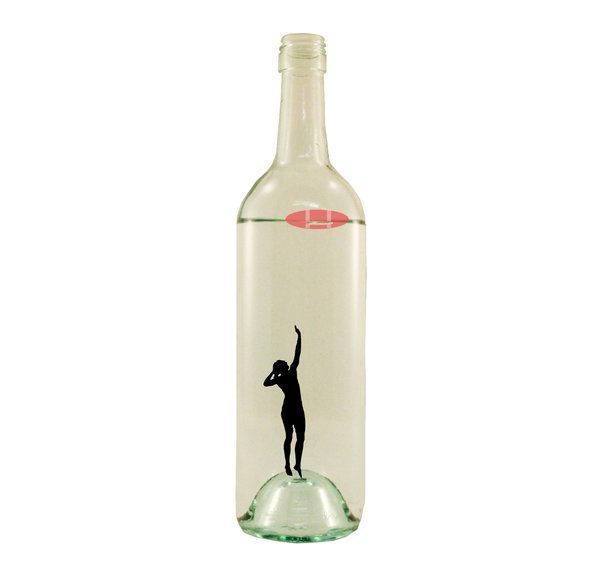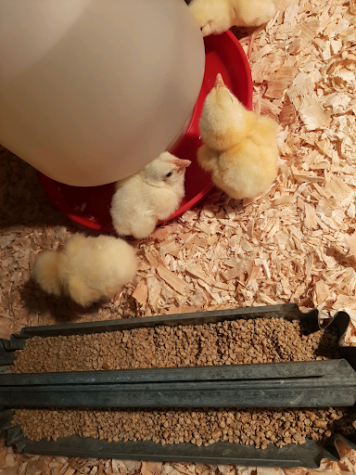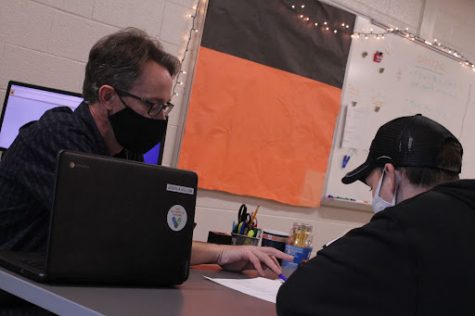Drowning impacts of alcoholism
It starts off as an experiment, than occasional use for the heck of it. Eventually, the occasional uses become a bad habit. Somewhere along the line, they progress into a problem. They overtake the user, and become an addiction. Suddenly, alcohol consumes the person and getting sober seems unattainable. There is an ongoing argument on whether alcoholism is genetic, a choice, a disease, or if it is simply taught. Maybe it is a mixture of all these factors.
The focus should not be on what causes it, but rather what can create a solution.
Alcoholism is not something to joke around with. Many adolescents deal with the daily repercussions of their loved ones suffering from this addiction, painfully understanding that they cannot help the addict if the addict does not want to help himself.
The National Council on Alcoholism and Drug Dependence, an advocacy organization that has raised public awareness about addiction throughout the United States and across the global community, reports that more than 7 million children live in a household where at least one parent is dependent on, or has abused, alcohol.
However, not only adults fall victim to alcoholism. Minors tend to develop these bad habits at a young age.
According to a study done by the National Institute of Alcohol Abuse and Alcoholism (NIAAA), the largest funder of alcohol research that explores the impacts of alcohol use on human health and wellbeing, in 2014, 5.3 million people ages 12-20 reported binge drinking.
Alcohol turns from an experiment, to an every weekend activity, to an everyday motion. Teenagers are unaware of how this can unimaginably affect them. The younger someone gets involved in this toxic relationship with alcohol, the more it will likely determine if he or she becomes an addict for life.
Drinking begins as a leisure activity, but when someone cannot go a day without resorting to the bottle, it becomes an issue. Alcohol turns from a way to have fun into a way to escape reality. Not all who drink will become alcoholics, but those who do may never return to a sober state.
The risks are endless when alcohol becomes present at a young age. Some will never do it, others will do it once in awhile, and some will never escape it.
For information about alcoholism in older age, Click Here

This is my first year being on the Uncaged staff. However, I have always had an underlying passion for writing. The importance of news reporting cannot...








